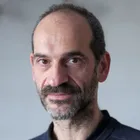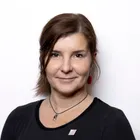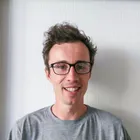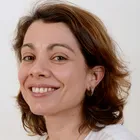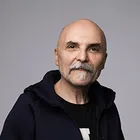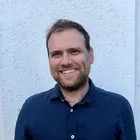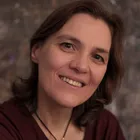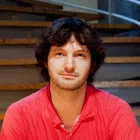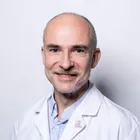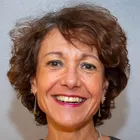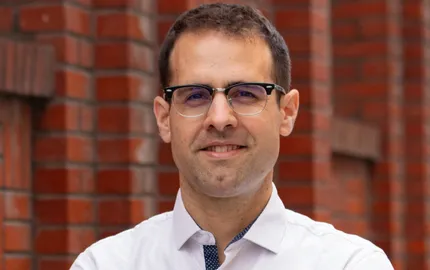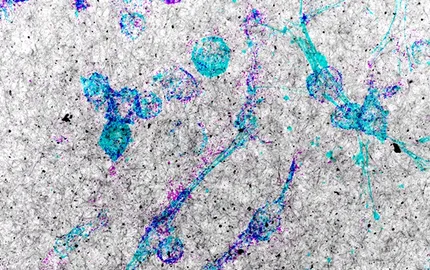- Home >
- Units research >
- Cell Biology and Cancer (UMR144)
Presentation

The mission of this unit is to understand the biogenesis of the cell compartments and the molecular mechanisms that govern normal cellular functions.
The main research themes of the unit include:
- Transport pathways between compartments,
- The dynamics of the actin- and microtubule-based cytoskeletons,
- Three-dimensional structures of molecular motors,
- Mechanisms of cell division and cell migration,
- The mechanisms involved in establishing the polarity of epithelia and their differentiation,
- Signalling pathways associated with tumour progression in several mouse models and human tumours,
- Regulation of adhesive systems during morphogenesis and development.
La mission de cette unité est de comprendre la biogenèse des compartiments cellulaires et les mécanismes moléculaires qui régissent les fonctions cellulaires normales.
Les principaux thèmes de recherche de l’unité comprennent :
- les voies de transport entre les compartiments,
- la dynamique de l’actine et cytosquelette base microtubules,
- les structures tridimensionnelles des moteurs moléculaires,
- les mécanismes de la division cellulaire et la migration cellulaire,
- les mécanismes impliqués dans l’établissement de la polarité de l’épithélium et leur différenciation,
- les voies de signalisation associées à la progression tumorale dans plusieurs modèles de souris et des tumeurs humaines,
- réglementation des systèmes adhésifs cours de la morphogenèse et le développement.
More content on this team


